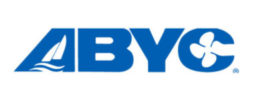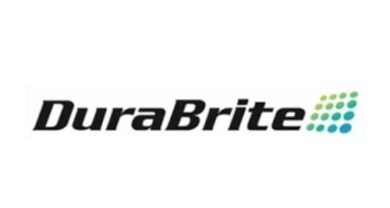MITEC: Busy behind the scenes
There hasn’t been a lot of news from the Marine Industry Technical Education Council since it was formed in 2005. But that will soon change.
When the 23 MITEC members met for their third face-to-face meeting Oct. 30, they already had a lot to show for the countless hours they, along with dozens of other volunteers, have spent working to establish a framework to accredit and certify marine workforce technical education and training programs. They just hadn’t spent much time talking about it.
“I’ve been on a lot of these committees where people have promised an awful lot upfront and nothing happened,” says MITEC Chairman Ed Boncek, who is also director of management systems for Sea Ray Boats. “So we’ve kind of not promised a lot upfront but we’re running like crazy to get something done. Now we have something to deliver and now we’re going to start talking about it. You will hear a lot more about MITEC in the next six months.”’
So what, exactly, has MITEC been up to?
From the beginning, one of council’s first objectives was to raise awareness of the marine industry – especially among those who might be interested in pursuing a career as a boating tradesperson. Toward that end, a Web site was built to act as a database and resource for job seekers and educators interested in learning more about working in the industry.
That site, www.boatingcareerinfo.org, went live last month.
One of its most important features, from an employer’s perspective, is the comprehensive list it provides of schools in the United States and Canada that offer technical training. This catalog was compiled to help businesses identify potential employees, with a technical background, who have a demonstrated interest in work as a tradesperson.
The list will grow over time as more and more schools are identified, and it is hoped the Web site will soon become the most valuable resource of its kind on the Internet. The site also includes an “About the Marine Industry” section, which provides facts and figures to the layperson to give them an overview of the industry. There will also be a primer on the different kinds of jobs available in the industry, with complete job descriptions for each, and the outlook for employment in those jobs.
“We’ve provided a resource for people who are in the technical education field, or who are in the counseling or career advisement field, to go to and learn about the marine trades – a one-stop place,” Boncek says. “That has not existed before.”
Setting the standard
MITEC has also been very busy working to identify skill sets that individuals should have for each of the jobs available in the industry. With those skill sets in hand, a set of curriculum standards can then be implemented as a means to certify which schools are providing students with the necessary knowledge to allow them to get jobs and begin contributing from day one.
The curriculum standards will allow MITEC the “ability to certify and standardize all these curriculums that are out there, because the quality of technical education varies widely, from very, very good, to acceptable, to not acceptable,” Boncek says. “MITEC envisions itself evolving into an organization that would say, ‘Yes, ABYC School meets these requirements and, therefore, if you hire somebody from that school you have a strong probability that they are proficient in those skill sets.’ So that’s the next phase.”
A survey to identify all of the skill sets necessary to work in the boating industry is currently underway. A similar effort has already been undertaken in Australia and the marine industry in that country has helped the effort here quite a bit by sharing some of the data and lessons they’ve learned in their work.
Australia may also eventually become a model for another initiative MITEC is exploring, which is to create a “passport” that employees can take with them from job to job that documents their experience, and employers can use to make sure they are hiring skilled employees. Unlike the Australian system, however, the American version would use a centralized database that employers could access to evaluate job applicants.
“We want to build a system that will allow us to have folks register, provide the information and then verify it through the schools and have it available for folks to use as a reference,” Boncek says.
MITEC is also going to need more funding as it moves forward. Finding an executive director who can devote all of his or her time to the mission is an important next step, but money is needed before it can be taken.
“Any way we can broaden the input into the process will make the products of MITEC much stronger,” Boncek says. “I’m confident the industry will recognize our importance and what we can contribute to the industry’s success.”




